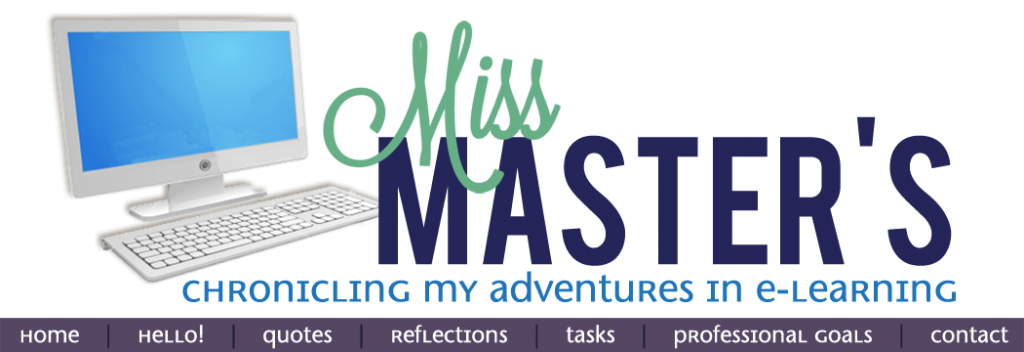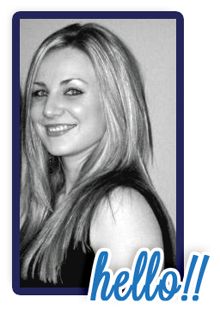Recall that in
previous courses in this program you have learned about child development,
family systems, and the significant influences adult relationships have on
children's social, emotional, and cognitive growth and the forming of social
identities. Next, think about what you learned about classism, racism, gender
stereotyping and sexism, and other"-isms" prevalent in our society.
Consider the ways in which these "–isms" influence people's well-being.
Now, imagine that you are an early
childhood professional who is experiencing one or more of the "-isms"
in your personal life. i.e., people are reacting to you with stereotypes and
prejudice.
How might such
experiences affect your own emotional, cognitive, and physical well-being? How
might this impact your work with young children and their families? Describe in
detail the consequences you might expect for the children and families with
whom you work while you experience specific "–ism(s)" in your own
life. Include specific examples either those you have and/or are experiencing
or ones you would anticipate.
Throughout this program we
have examined the effects and causes of many isms. We have even discussed the
social, emotional and developmental effects they can have on a child’s
well-being. During the work throughout this program my definition and
understanding about what the term diversity means has deepened. As I have
already stated, before within this course I overlooked many of the “isms” and
had not at all considered family culture as crucial components that coincide
with diversity. It is amazing the influence that we as educators can have on a
child’s view of the world. It is our duty to ensure that we are offering
unbiased opportunities for children to feel secure, powerful and safe while
deciding on and deciphering their roles as individuals. It is important to note
that I truly believe that everyone faces some form of discrimination,
prejudice, or stereotypes in one way or another. Personally, I have experienced
sexism against being a woman. I hate bringing my car to the garage for
mechanical work because I feel as though my opinion is often overlooked and
ignored. I have faced inappropriate advances and tasteless jokes in my personal
and professional life. I believe that my experiences in dealing with this ism
could interfere with my work with children and their families because I may
take situations dealing with sexism to heart and find being objective difficult.
I have shared this experience before but one specific example is when I was
asked by a father to only address him and not his wife during conferences etc.
If I had news about his son or needed to get in touch with anyone regarding
their son I was only supposed to reach out to the father. I found these
directions extremely hard to follow because they infuriated me and made me feel
as though he felt that women were beneath men. I needed to put my biases and
opinions aside in order to benefit the student.
 Children are growing up in a world full of contradicting
ideas. They are taught that all people are created equal and therefore should
be treated as equals and yet they live in a world in which this is definitely
not the case. “In general, children have a deep desire for fairness. They want
to be treated fairly, and they have a natural inclination to want the world to
be fair for others. When children have the means to think about what they see,
hear and read… they are more equipped to analyze their world” (Derman-Sparks &
Olsen Edwards, 2010, p.155). It is our duty to show people that this should be
the case by teaching an anti-bias curriculum and supporting true diversity
within the classroom.
Children are growing up in a world full of contradicting
ideas. They are taught that all people are created equal and therefore should
be treated as equals and yet they live in a world in which this is definitely
not the case. “In general, children have a deep desire for fairness. They want
to be treated fairly, and they have a natural inclination to want the world to
be fair for others. When children have the means to think about what they see,
hear and read… they are more equipped to analyze their world” (Derman-Sparks &
Olsen Edwards, 2010, p.155). It is our duty to show people that this should be
the case by teaching an anti-bias curriculum and supporting true diversity
within the classroom.
References
Derman-Sparks, L., & Edwards, J. O. (2010). Anti-bias
education for young children and ourselves. Washington, DC: National
Association for the Education of Young Children (NAEYC).





3 comments:
Hi Rhiannon,
I have had similar experiences as a woman. I still to this day hate going to get my car fixed or even an oil change without my dad or another man because of my past experiences. I found it very interesting to read about your experiences with a family in your program. Having to only communicate with the father would anger me as well. To me, that is saying that he is the only one capable with dealing with these issues and the woman is not. However, as early childhood educators, it is our job to adhere to each family culture, within limits of course. Was this family from a different culture? How did you deal with this throughout the year?
It is so true that our biases and beliefs can make us feel personally offended when they do not coincide with the families in our service. When this happens we are not open to hear what the needs of the individual child are and the best way to accommodate them. I like when Derman-Sparks and Edwards (2011) say, "It is our job to listen and learn as well as talk, and to initiate the search for common ground and solutions to specific differences" (p. 39). When we can listen as well as communicate our goals then family members tend to be more open to listening as well.
Derman-Sparks, L., & Edwards, J. O. (2010). Anti-bias education for young children and ourselves. Washington, D.C.: National Association for the Education of Young Children (NAEYC).
I like how you stated that children are taught that we live in world were we are created equal, but yet they cannot truly experience this. We should provide our students the opportunity to experience several different biases in the classroom. We should teach them that although we are equal, we are yet different.
Post a Comment